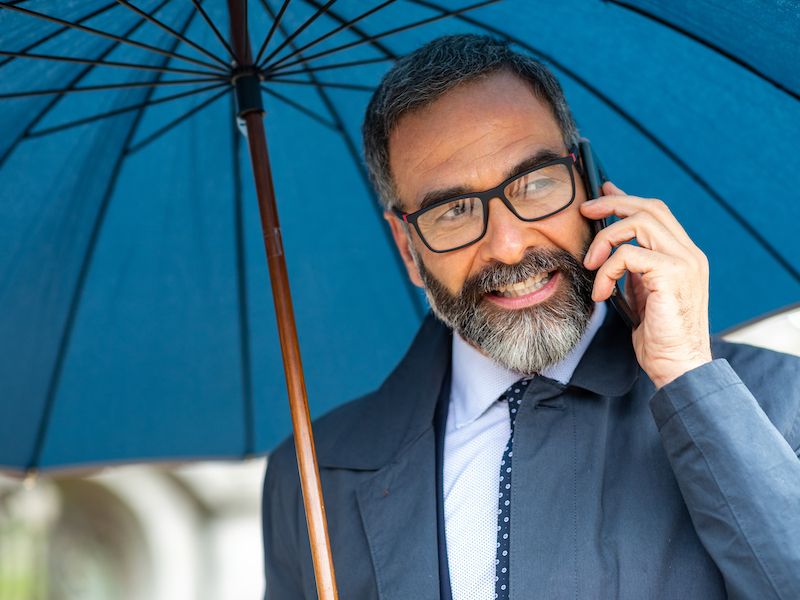
John’s having a hard time at work because he can’t always hear conversations. He’s in denial and continues telling himself that everyone is mumbling. He believes that you have to be old to use hearing aids, so he has been avoiding seeking out a hearing professional, and hasn’t gone for a hearing test. Unfortunately, he’s been doing significant damage to his ears by cranking up the volume on his earbuds. Sadly, his reluctance to acknowledging he has hearing loss has stopped him from seeking out practical solutions.
But what John doesn’t recognize is that his views are antiquated. Loss of hearing doesn’t have the stigma that it once did. Specifically, with younger people, it’s far less pronounced, though you might still encounter it to some degree in some groups. (Ironic isn’t it?)
How Can Hearing Loss Stigma be Harmful?
Simply put, hearing loss has some social and cultural connections that aren’t always fundamentally true or helpful. Loss of vitality and aging are oftentimes connected to loss of hearing. The fear is that you’ll lose some social status if you disclose you have hearing loss. Some might think that hearing aids make you look older or not as “with it”.
This issue could be thought of as irrelevant and not connected to reality. But for individuals who are trying to deal with hearing loss there are some very genuine consequences. Some examples include:
- Delaying proper care of loss of hearing (leading to unnecessary suffering and poor outcomes).
- Job obstacles (maybe you didn’t hear a critical sentence in a company meeting).
- Relationship obstacles (that isn’t just selective hearing…you really didn’t hear what was said).
- Job hunting problems (it’s sad to say, but some people may be prejudiced against hearing loss even if it’s not entirely legal).
There are numerous more examples but the point is well made.
Fortunately, this is all transforming, and it really does feel as if the stigma around loss of hearing is fading away.
The Reasons For The Decline of Hearing Loss Stigma
This decrease in hearing loss stigma is taking place for a variety of reasons. Our connection to technology along with demographic changes in our population have started to alter how we experience devices like hearing aids.
It’s Becoming More Common For Young Adults to Have Hearing Loss
Younger adults are dealing with hearing loss more frequently and that could very well be the biggest reason for the decrease in the stigma connected to it.
34 million U.S. citizens suffer from hearing loss according to most statical research, which translates into 1 in 10 people. More than likely, loud noises from several modern sources are the leading reason why this hearing loss is more widespread than it’s ever been.
As loss of hearing becomes more common, it becomes easier to understand the stigmas and misinformation concerning hearing conditions.
We’ve Become More Familiar With Technology
Perhaps you resisted your first set of hearing aids because you were concerned they would be an obvious sign that you have a hearing condition. But nowadays, technology is so pervasive that hearing aids almost entirely blend in. No one notices them. Under most circumstances, newer hearing aids are small and subtle.
But hearing aids also typically go unnoticed because these days, everyone has some technology in their ears. Everyone is used to dealing with technology so nobody cares if you have a helpful piece of it in your ear.
An Overdue Change in Thinking
Naturally, those two factors are not the only causes behind the retreat of hearing loss stigma. Much more is commonly understood about loss of hearing and there are even celebrities that have told the public about their own hearing loss situations.
The more we observe loss of hearing in the world, the less stigma there will be. Now, of course, we want to stop loss of hearing in every way that’s possible. The ideal would be to change the trends in youth hearing loss while combating against hearing loss stigma.
But more people will begin to be ok with seeing a hearing specialist as this stigma fades away. This will keep people hearing better and enhance general hearing health.